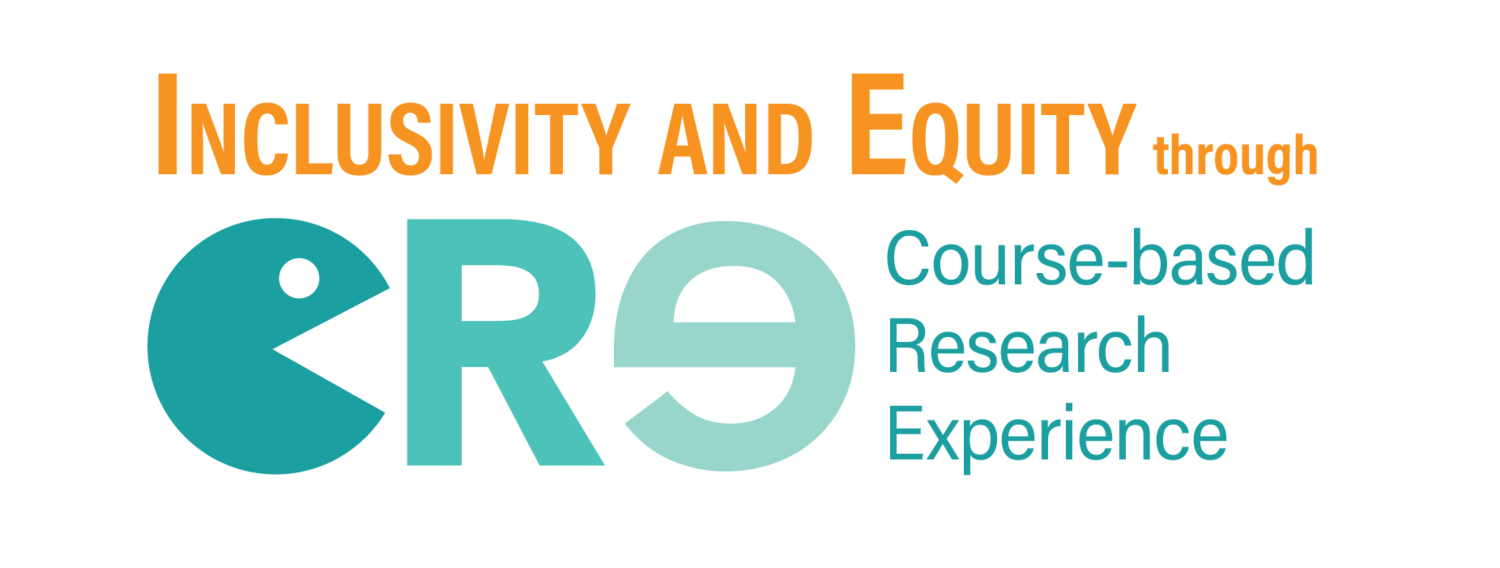
Course-based research experience as a pedagogical model to make Biology education accessible to all students
Dr. Franco Delogu, Associate Professor of Psychology
Traditional models of STEM education have proven limited in their ability to increase enrollment, retention and graduation of underserved populations of students. An effective solution to these challenges is Course-based Research Experience (CURE) pedagogy. According to the CURE model, students are exposed to research as early as their first year of university, when retention of STEM students is most critical and effective. The CURE model makes research activity an integral part of a regular course, so all students enrolled in the course can be included in the intervention. This eliminates the concern of self-selection, and it also makes research experience accessible to students who have conflicting commitments such as work or childcare. Thus, non-traditional students, who comprise a priority population for high-impact intervention, can obtain research experience like their peers who have fewer demands on their time.
The College of Arts and Sciences at Lawrence Technological University (LTU) transformed a significant portion of its course offerings into CURE based courses, such that CURE is becoming a standard method of education of the college as a whole. This initiative involves a large number of faculty modifying numerous courses to reach a “critical mass” that will allow CURE to become a sustainable pedagogy and reach all students in the college. Students at LTU are exposed to multiple CRE courses throughout their degree programs. The intervention includes both STEM disciplines such as chemistry, biology, computer science, mathematics, and physics and non-STEM disciplines, like psychology, the social sciences, and the humanities. A working group consisting of faculty from all departments and programs in the college leads this transformation. Founded in 2014, that group now includes 20 faculty members, and new members join the community every year.
In this workshop, Dr. Delogu will describe the general principles of the CURE program at LTU providing actual examples on how those principles are applied to CURE courses in several disciplines. Finally, he will discuss with faculty about the applicability and challenges of massive CURE programs at UPR.
New CRE Members Orientation Workshop
Pillars of CRE: An Introduction to Course-Based Research Experiences at LTU
Dr. Paul Jaussen
This workshop is meant to introduce the course-based undergraduate research (CRE) model to faculty members who are new to the CRE program or are simply curious to learn more. No prior knowledge or experience of CRE is necessary. The workshop will answer three basic questions: 1) What is CRE? 2) Why CRE? 3) How do we design CRE in our disciplines? Participants will leave the workshop having taken the first steps toward designing their own CRE courses.
First-time participants in this workshop will receive a small stipend for their participation, although all CRE faculty are welcome to attend and share their experiences and insights.
IE CRE Cross-Cultural Collaborations
The IE CRE Team at LTU also shared methods for integrating course-based research with their disciplinary counterparts at the University of Puerto-Rico-Humacao. Dr. Franco Delogu, on Sabbatical Fall 2019 at UPRH, led the SKYPE sessions from Puerto-Rico.
Inclusive Excellence and LTU’s Composition Program
Dr. Vivian Kao
The LTU Composition Program held the first of three faculty development (FD) sessions for the academic year 2019-2020 on October 18, 2019. These FD sessions will be targeted at including NTT faculty in decisions about the Composition Program’s philosophy and curriculum development, and will also include discussions about how to foster inclusivity in our writing classes. During the first session, we discussed two documents authored by the Council of Writing Program Administrators: The “Framework for Success in Postsecondary Writing” and the “WPA Outcomes Statement for First-Year Composition.” These are foundational documents used by writing programs throughout the country and represent best practices in the field. We discussed the appropriateness of the practices and expectations detailed in the documents for our program, the level of our program’s compliance with these documents, and what we should improve upon in the future. We also discussed how best to use the practices the documents lay out to ensure that all students, regardless of major, interest, or background, benefit from our first-year composition course.




